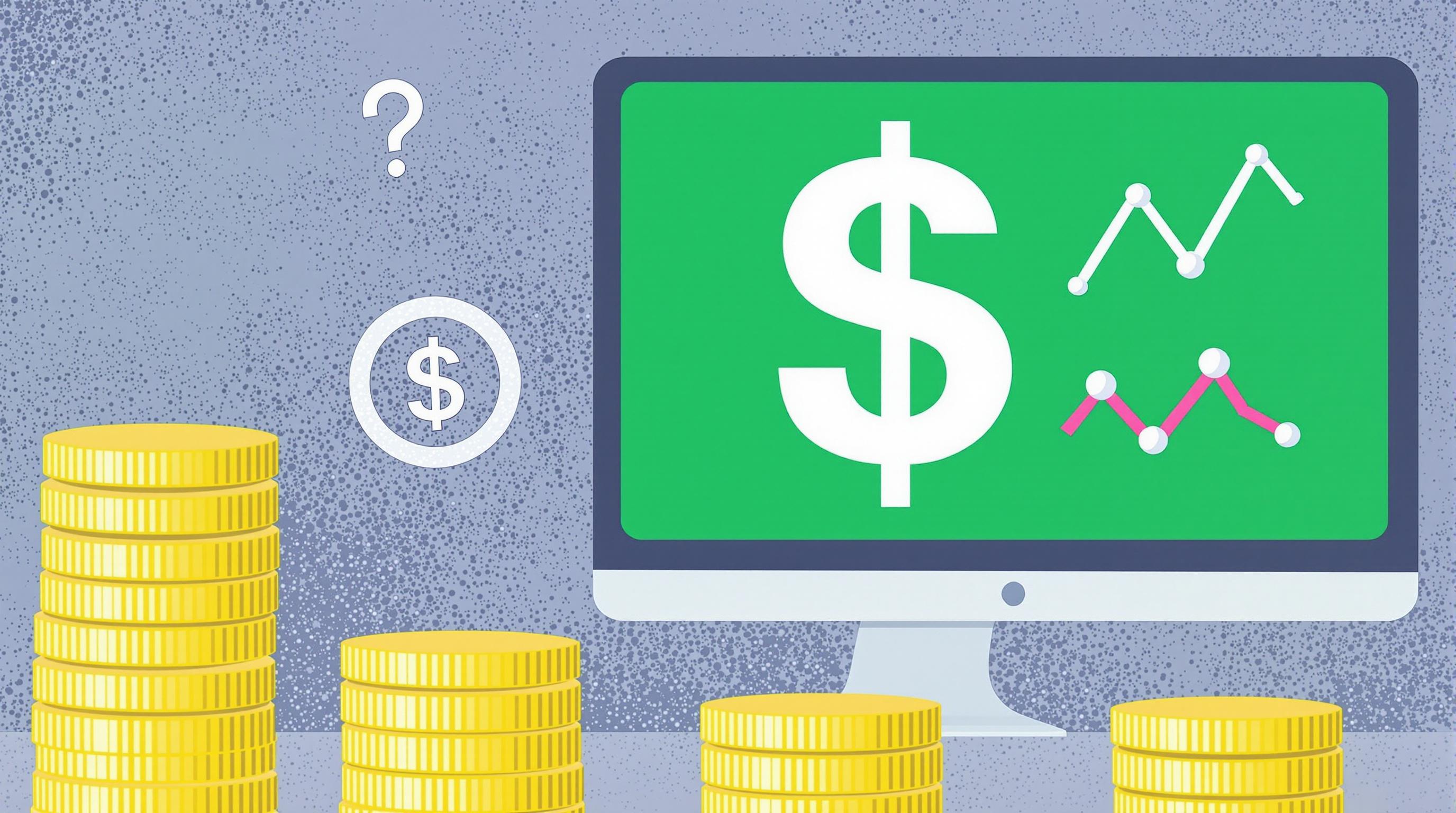Related Articles
- When Creditors Turn Aggressive: Navigating the Legal Gray Zones of Unconventional Debt Collection Practices
- Top 7 Innovative Credit Tracking Apps From the Past Five Years That Are Redefining Financial Control
- How Shifting Debt Across Cards Influences Consumer Behavior Patterns Few Analysts Ever Consider
- Top 5 Lesser-Known Debt Management Apps From the Last 5 Years That Actually Outperform Classic Snowball Methods
- Unlocking the Quiet Power of Micro-Investments in Alternative Assets to Shift Your Financial Reputation Gradually
- 7 Revolutionary Secured Loan Solutions Debuting Since 2019 That Tackle Risk Differently and Boost Borrower Confidence
7 Emerging Credit Watchers From the Last Half-Decade That Are Shaking Up Your Financial Safety Net
7 Emerging Credit Watchers From the Last Half-Decade That Are Shaking Up Your Financial Safety Net
Credit watchers have transformed dramatically in the last five years, profoundly impacting how we manage our financial safety nets. From AI-driven analytics to blockchain credibility, these seven innovations are reshaping our approach to credit and security.
Imagine waking up one morning with your credit report automatically updated in real-time, thanks to an AI that scans your transactions and flags discrepancies before they even hit your monthly statement. This isn’t sci-fi anymore; it’s the reality unfolding with AI-powered credit monitoring systems. According to a 2022 report by McKinsey, AI-driven financial tools have increased fraud detection accuracy by over 40%, empowering consumers and lenders alike to mitigate risks quickly and accurately.
The Blockchain Revolution in Credit Scoring
One of the sneakiest disruptors lurking beneath the surface is blockchain technology. Traditionally associated with cryptocurrencies, blockchain’s immutable and transparent ledger is now being used to overhaul credit reporting. Platforms like Bloom and Spring Labs employ decentralized networks to create tamper-proof credit histories, enhancing trust and inclusivity. This innovation particularly benefits the underbanked population — roughly 1.7 billion adults worldwide without formal credit histories, according to the World Bank.
From Late Fees to On-Time Payment Rewards: Behavioral Credit Scoring Takes Root
Traditional credit reports are no longer the whole story. Behavioral credit scoring — which considers things like utility payments, rental history, and even social media behavior — is emerging as a powerful layer to assess creditworthiness. Take, for instance, Experian Boost; since its launch, it has helped millions raise their credit scores by including positive alternative data. Given that 56% of adults in the U.S. struggle with credit score issues (FICO), these new metrics offer a fresh, fairer perspective.
Storytime: How a Single Mother Leveraged Alternative Data to Secure a Home Loan
Julia, a 34-year-old single mom from Atlanta, struggled to secure a home because she had no traditional credit. By using a credit watcher app that incorporated her on-time rent and utility payments, she boosted her score within months. This boost helped her finally qualify for a mortgage. Julia’s story is not unique but highlights the transformative power these emerging credit technologies wield.
Let’s inject a little fun — imagine if your credit scores were decided by your pet’s behavior. Sounds outlandish, right? But quirky credit watchers have popped up, analyzing unconventional factors including Netflix binge habits or fitness activity to provide a “vibe score” that lenders could someday consider. While not mainstream, these playful experiments signal how broad and creative credit assessment can get.
Real-Time Credit Monitoring: Your Financial Guard Dog
Gone are the days of waiting until the end of the month to check your credit report. Tools like Credit Karma and others now offer real-time credit monitoring, alerting users immediately if there’s a change or suspicious activity. This speed is crucial; the sooner you catch identity theft or errors, the better you can protect your finances.
Social Credit Systems: The Global Experiment
While the notion of social credit systems often conjures dystopian images, countries like China have piloted versions designed to evaluate citizens’ trustworthiness across multiple dimensions, including financial behavior. Though controversial, the ripple effects are prompting financial institutions worldwide to explore how social and financial data intersect, sparking fierce debates about privacy and ethics as highlighted in a 2020 study from the Journal of Financial Regulation.
Crypto Credit: Lending Without Borders
Decentralized finance (DeFi) platforms have emerged as an alternative way to establish and monitor creditworthiness without traditional banks. By leveraging smart contracts and crypto collateral, users can obtain loans regardless of their country or past records. The rise of DeFi lending platforms like Aave and Compound has opened up credit access to millions previously excluded from conventional finance.
Now, fast forward to 2024 — the credit industry is leaning into machine learning algorithms that dynamically adjust credit limits based on evolving consumer behavior and economic conditions. This shift not only protects consumers from overextending but also helps lenders manage risk more efficiently. It’s like having a credit coach who’s constantly recalibrating based on your financial health.
Wrapping It All Up: What This Means for You
For readers aged sixteen to seventy, these emerging credit watchers represent both opportunity and caution. By embracing new technologies, you can boost your financial resilience and uncover credit access you didn’t think possible. But caution is warranted with privacy, data security, and ethical concerns swirling around these innovations. Staying informed and proactive remains your best shield.
Sources:
McKinsey & Company. (2022). AI in Financial Services: A Game-Changer.
World Bank. (2021). Global Findex Database.
Journal of Financial Regulation. (2020). The Ethics of Social Credit Systems.
Experian Boost User Reports (2023).



